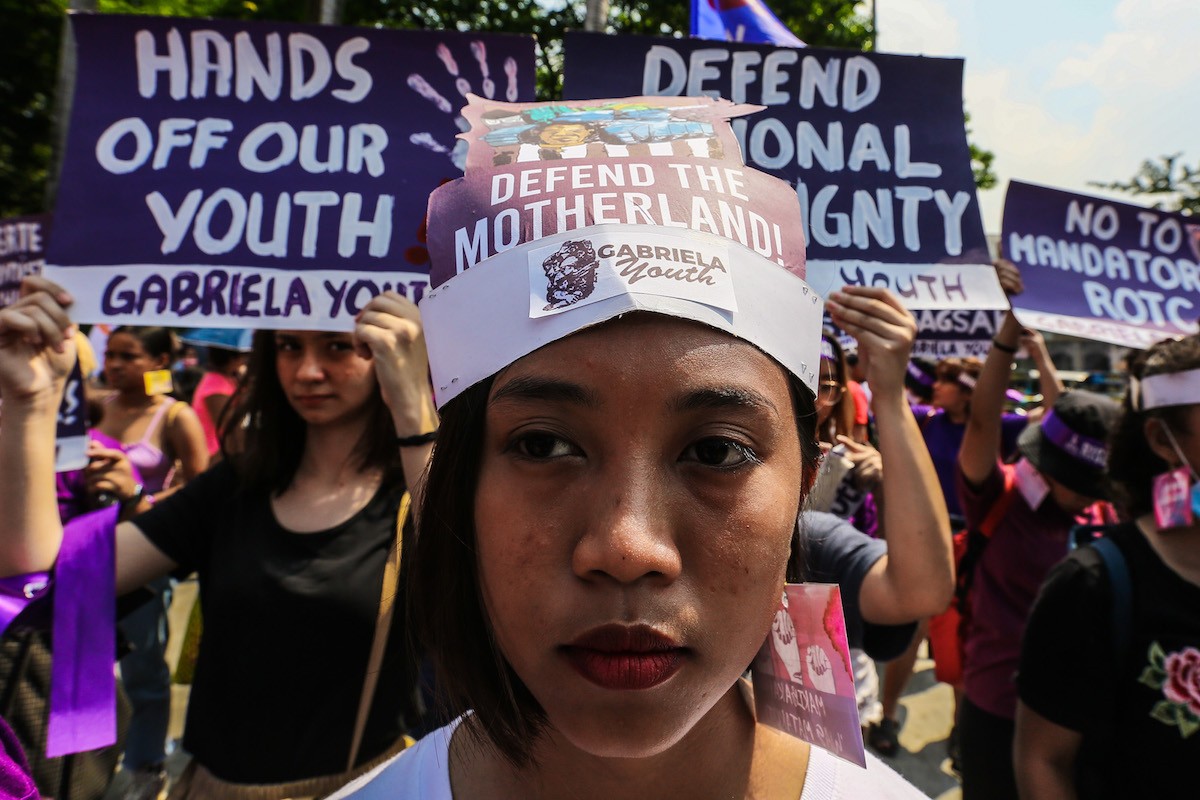

I didn’t really know what I wanted to be. I had very little reporting experience and they said. And that People Power Movement triggered all of these pro-democracy movements all around the world.Īnd then at that point, CNN. I went back to the Philippines in 1986, the People Power Movement, and at that point that. There were two families who weren’t Filipino. That’s the name “Ressa.” When I grew up here, I was like, “I gotta figure out who I am.” Because I grew up in a neighborhood where no one was really brown. And then my stepfather is Italian-American, he adopted me. My mother was working for the government at that point. They both worked in the United States at that point. What did your do parents do in the Philippines? When I graduated, I didn’t know what I wanted to be. I was born there and then my family came here in 1972/73. When martial law was declared, my family left the Philippines and came to the United States. It’s funny, before they were called startups, I went to the Philippines on a Fulbright going the other way. You started off as a CNN - you started off before that as a journalist somewhere else, in the Philippines. You don’t get inspired these days by much. I want you to go through everything, the founding of Rappler and why you did what you did in your career.īut at the end you said we’re going to hold the line, and I want to get to that, to understand what you mean by that. And you gave a speech in which you were talking about what’s happening. You gave a speech, you just won an award at the International Center for foreign journalists at an event I was at. She has been doing some stuff that puts her site in danger, and puts herself in danger of what’s happening in the Philippines, which is reprehensible. You’ll find out why as you start to talk about it. Before co-founding the company in 2011 she was an investigative reporter at CNN and she’s a hero in journalism. It’s a news website based in the Philippines that started as a Facebook page. Kara Swisher: Today in the red chair, I am honored to have Maria Ressa.
#Head for facebook philippines full#
You can listen to Recode Decode wherever you get your podcasts, including Apple Podcasts, Spotify, Google Podcasts, Pocket Casts and Overcast.īelow, we’ve shared a lightly edited full transcript of Kara’s conversation with Maria. They don’t want to spend the money on it, even though they make a lot of money.” We made sure that democracy could stay alive. “We live to the mission of journalism and we cleaned up the public’s fear. “We trained our whole lives on standards and ethics,” she added. What are the other 3 percent doing, Maria?’” “I invited him to come to the Philippines because he had to see the impact of this. “I said, ‘Mark, 97 percent of Filipinos on the internet are on Facebook,’” Ressa recalled. And Ressa, the co-founder of the Filipino media company Rappler, had more access to Facebook than most political journalists: Last year, she and five other media CEOs had lunch with Facebook CEO Mark Zuckerberg at the company’s annual F8 conference.

However, the company did not take down the suspicious pages until a few weeks ago, more than two years after her first report. Social media, she told Recode’s Kara Swisher, has been the “fertilizer” of democratic collapse in the Philippines, which should be a “cautionary tale for the United States.” Other accounts falsely claimed that Duterte’s political enemies were working with the CIA, and Ressa’s data suggested this could be an organized bot campaign at work. I will rape you.’ I mean, I think I’ve been called every animal you can think of.” very personal, criminal, actually: ‘I will kill you. It’s targeting anyone who’s perceived to be critical of President Duterte,” Ressa said on the latest episode of Recode Decode with Kara Swisher. In August of 2016, investigative journalist Maria Ressa contacted Facebook with some “alarming” data: Rampant harassment and threats targeted via Facebook at people, predominantly women, in the Philippines who were critical of the “drug war” being waged by the newly elected president, Rodrigo Duterte. Editor’s note: Maria Ressa has been named a Time magazine Person of the Year, one of several journalist “Guardians” in the “War on Truth.”


 0 kommentar(er)
0 kommentar(er)
